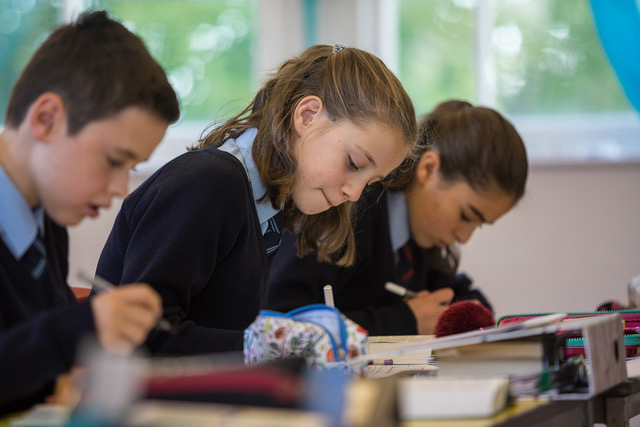Welcome to the home of the Townsend-Warner History Prize. This national competition was started 140 years ago and is one of the oldest institutions in the preparatory school world. It has proved enduringly popular in encouraging the study of history. It is not linked to any national testing or examinations, but aims to provoke interest and delight in historical reading, facts and analysis.
It regularly produces winners of remarkable calibre, writing history of much flair and knowledge. Over 1,000 candidates participate each year from schools all over the UK and some from abroad.
Details about entry are on page 3 of the website under 'Entry Requirements'.
Dr Gerard Silverlock, formerly Headmaster of King’s College, Wimbledon Junior School, took over as Administrator from August 2022.
All enquiries should be addressed to Gerard at:
Dr Gerard Silverlock, Tarragon, 55 Close Lane, Alsager, Cheshire ST7 2JS
Mobile: 07983 669652 Tel: 01270 480217 Email: gerardasilverlock@gmail.com

Dylan Jethwa
Orley Farm
--- 2025 ---

JOIN LIST OF ACCLAIMED PRIZE WINNERS
In 2025 the first fifty-six candidates received generous prizes to a total of £1,204 and the next fifty-one were sent cards of commendation.
Join the growing number of schools participating
The prize is open to schools affiliated to IAPS - the Independent Association of Preparatory Schools. A growing number of schools take part. In 2024, for instance, seventy-four schools contributed 1,275 scripts for the year’s Paper 1.
The Prize encourages students to enjoy the study of history and its variety and challenges, and to use their knowledge at a national competitive level. Every year the schools involved eagerly await the Townsend-Warner History Prize.


WHAT THE PRIZE CONSISTS OF
The Prize consists of two papers, the first to be completed in January near the start the Easter Term, the second in late February just after half-term.
Paper 1 has 100 questions demanding one-word, or one-sentence, answers from world history, but with a strong emphasis on British history. Many are straightforward, some a little more obscure. Two hundred and fifty candidates qualify from Paper 1 to sit Paper 2. This is in the form of essay questions, but allows candidates a very wide choice so that they can write on what they know, but also show analytical skill and historical imagination
